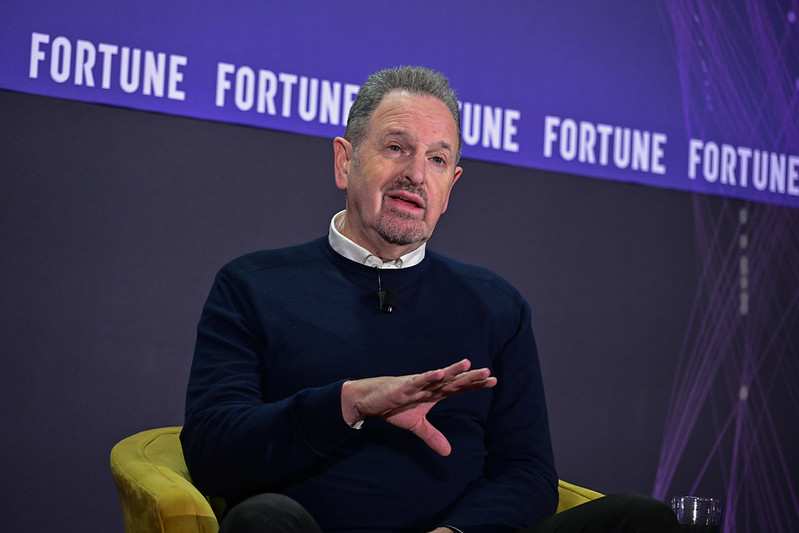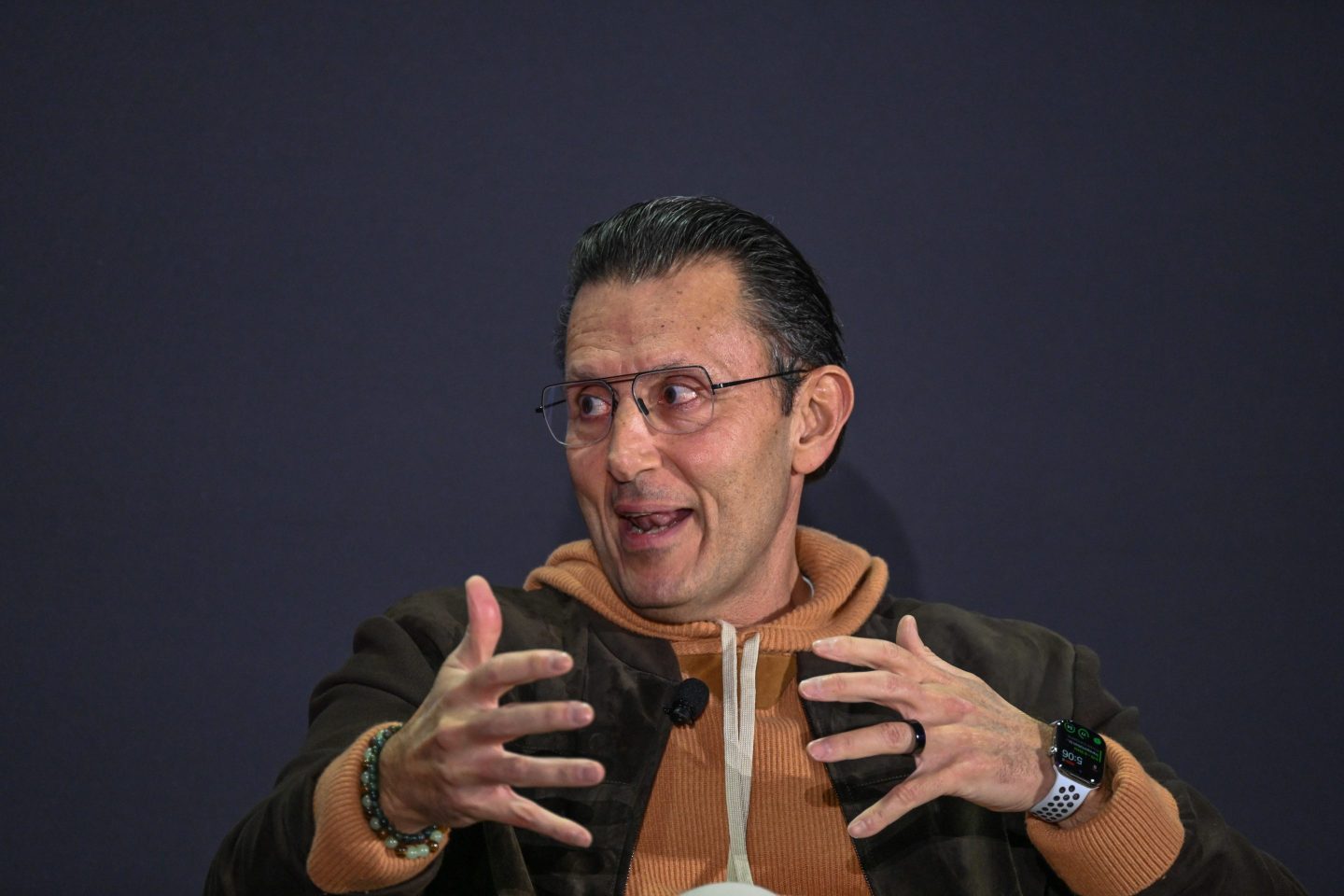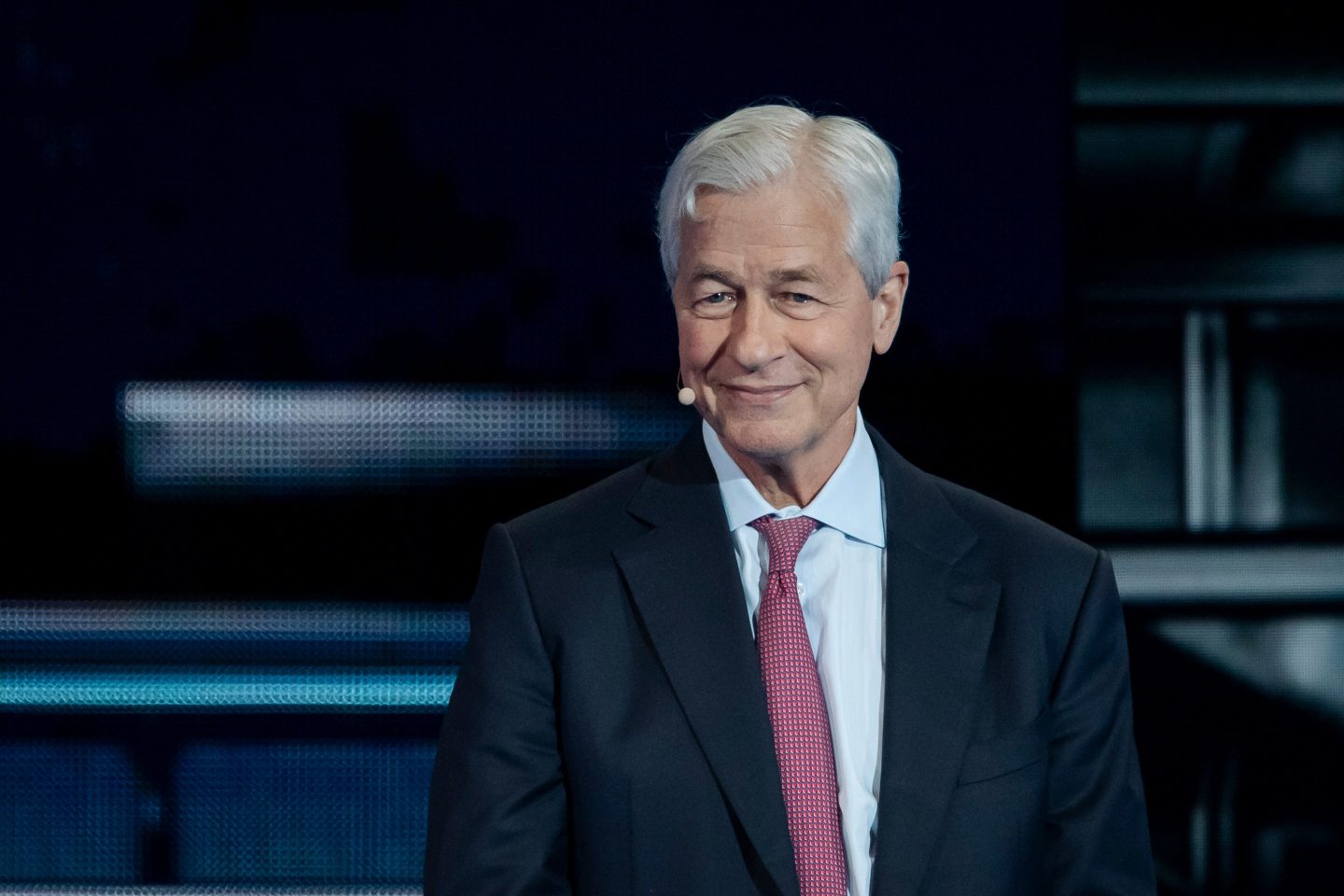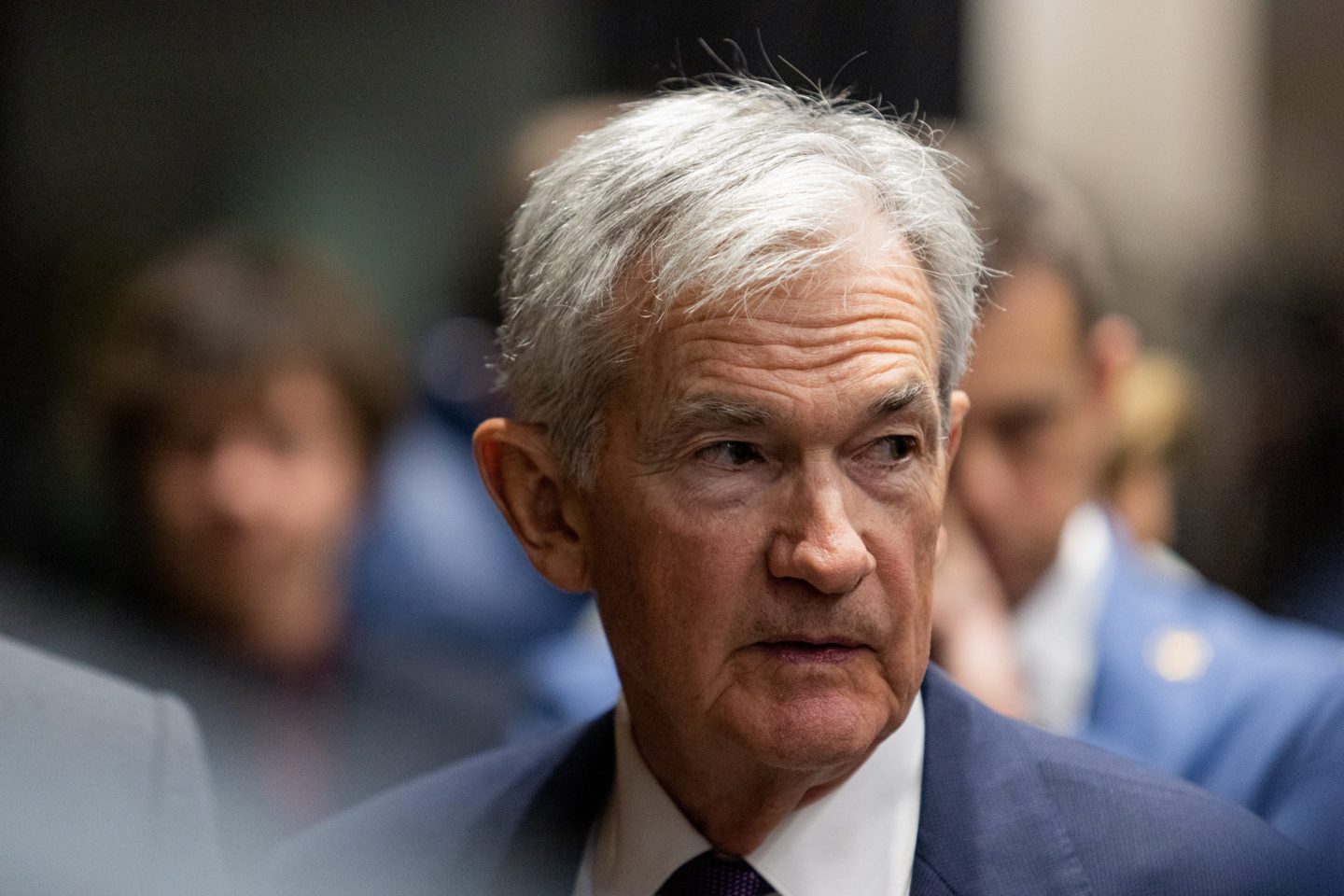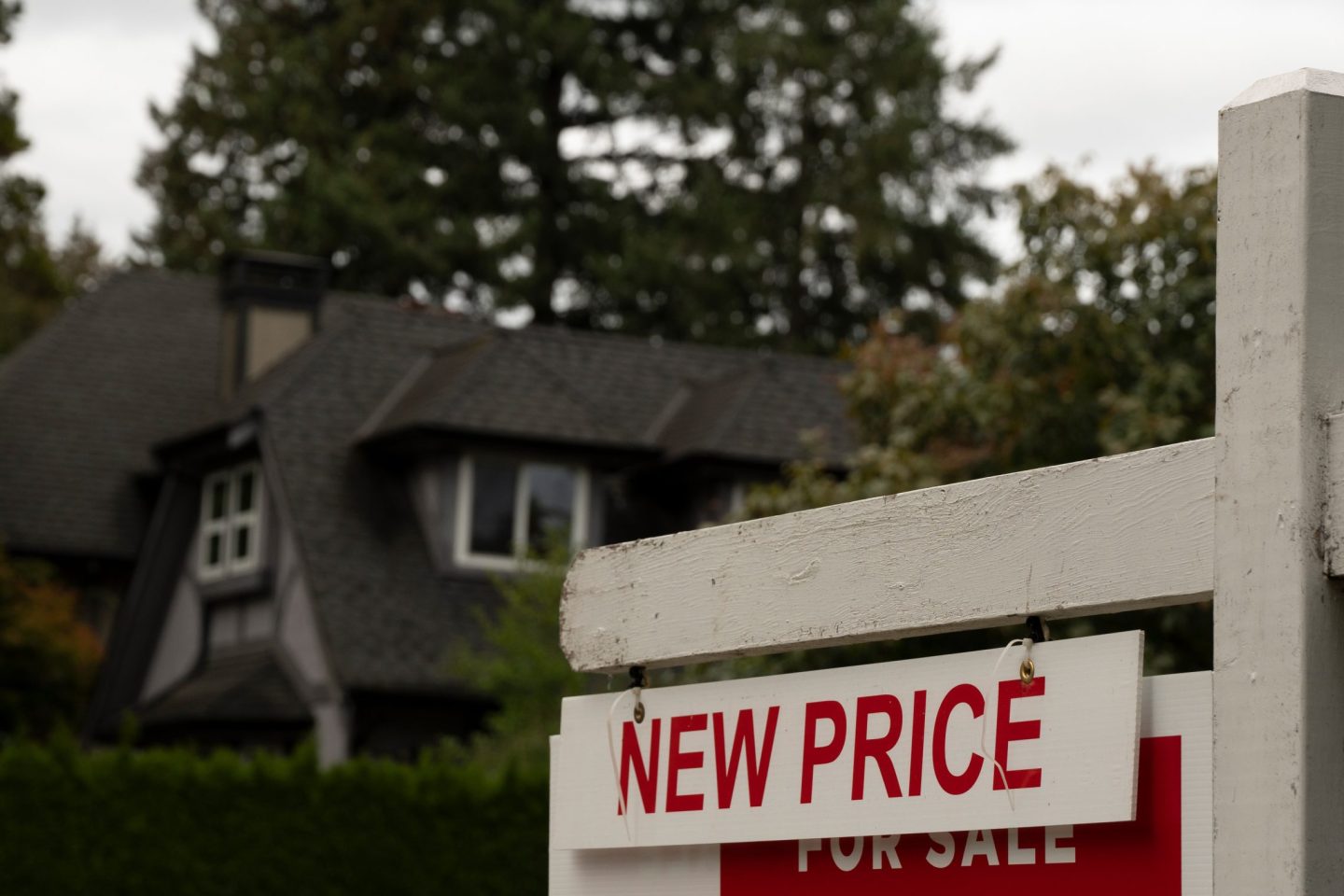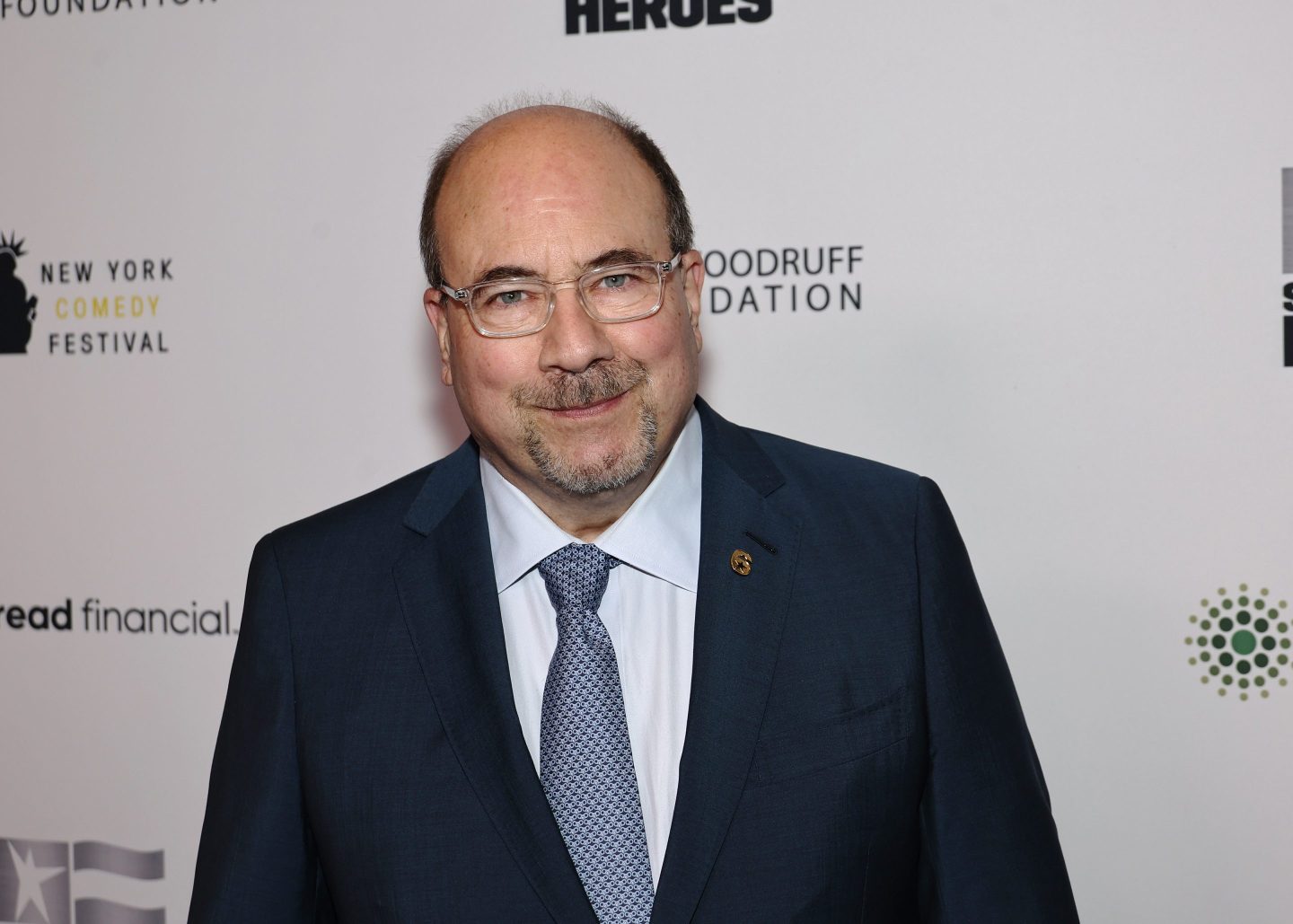Japan’s government might issue spending vouchers and promote national discount-sales events similar to Black Friday in the United States to boost its lackluster consumer spending and accelerate gross domestic product growth.
The government could decide the details as soon as next month as it finalizes the policies for its annual growth strategy, which could potentially help the Bank of Japan in its struggle to accelerate inflation.
Authorities will also take steps to increase inbound tourism, raise the national minimum wage and encourage more IT investment, according to a draft approved on Monday by the government’s top advisory panel.
The focus of this year’s growth strategy is meeting Prime Minister Shinzo Abe’s target of raising nominal gross domestic product to 600 trillion yen ($5.40 trillion).
However, some economists have said sluggish growth in real wages and Japan’s shrinking workforce make it difficult to reach this target. At the end of 2015, nominal GDP was around 500 trillion yen.
Consumer spending accounts for around 60% of Japan’s economy, and there is renewed focus on the household sector as consumption has struggled to gain momentum recently.
There is also lingering speculation that Abe will cancel a nationwide sales tax increase scheduled for 2017 and focus more on fiscal spending to raise GDP and rebuild areas damaged by an earthquake in southern Japan earlier this month.
Previously, Japan’s ruling Liberal Democratic Party has issued shopping vouchers, which economists say tends to only temporarily lift consumer spending and the broader economy.
In the U.S., Black Friday is what the November day after the Thanksgiving holidays, when shoppers jam stores to try to get huge discounts, is called.


